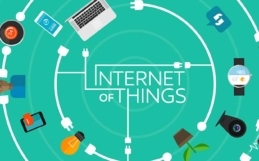Love ’em or hate ’em … the monolithic Microsoft has some pretty impressive tactics when it comes to the way they deal with their competitors. We’re all familiar with stories of their hostility toward open source software initiatives. But that hostility is actually quite targeted and deliberate. Microsoft doesn’t hate all things “open source” – Microsoft targets their cross hairs on all things “competitor.” That’s why they have (for years) been pouring money into various open source projects. Why? To commoditize their competition’s product and service offerings; essentially sucking the value out of a market that their competitor dominates. Whatever your stance on the ethics, you have to admit it’s a clever strategy. You don’t try take Goliath head-on, you undermine his footing and rob him of his strength. This is precisely what Microsoft is doing with Google Maps to help bolster it’s Bing Maps product.
Here are two well-known examples of this strategy in action:
- IBM (and many others) threw their support behind Linux to commoditize the operating system market. The goal was to break Microsoft’s lock on the PC desktop, or at least prevent Microsoft from extending its desktop dominance to the server room.
- Google is using Android OS to commoditize the smartphone market. Google doesn’t care about making money from smartphones like Apple or RIM — it only wants to make sure that they guide people to Google online services, particularly search. The best way to guarantee that is to flood the market with relatively cheap devices that come with Google services built in.
Source here




